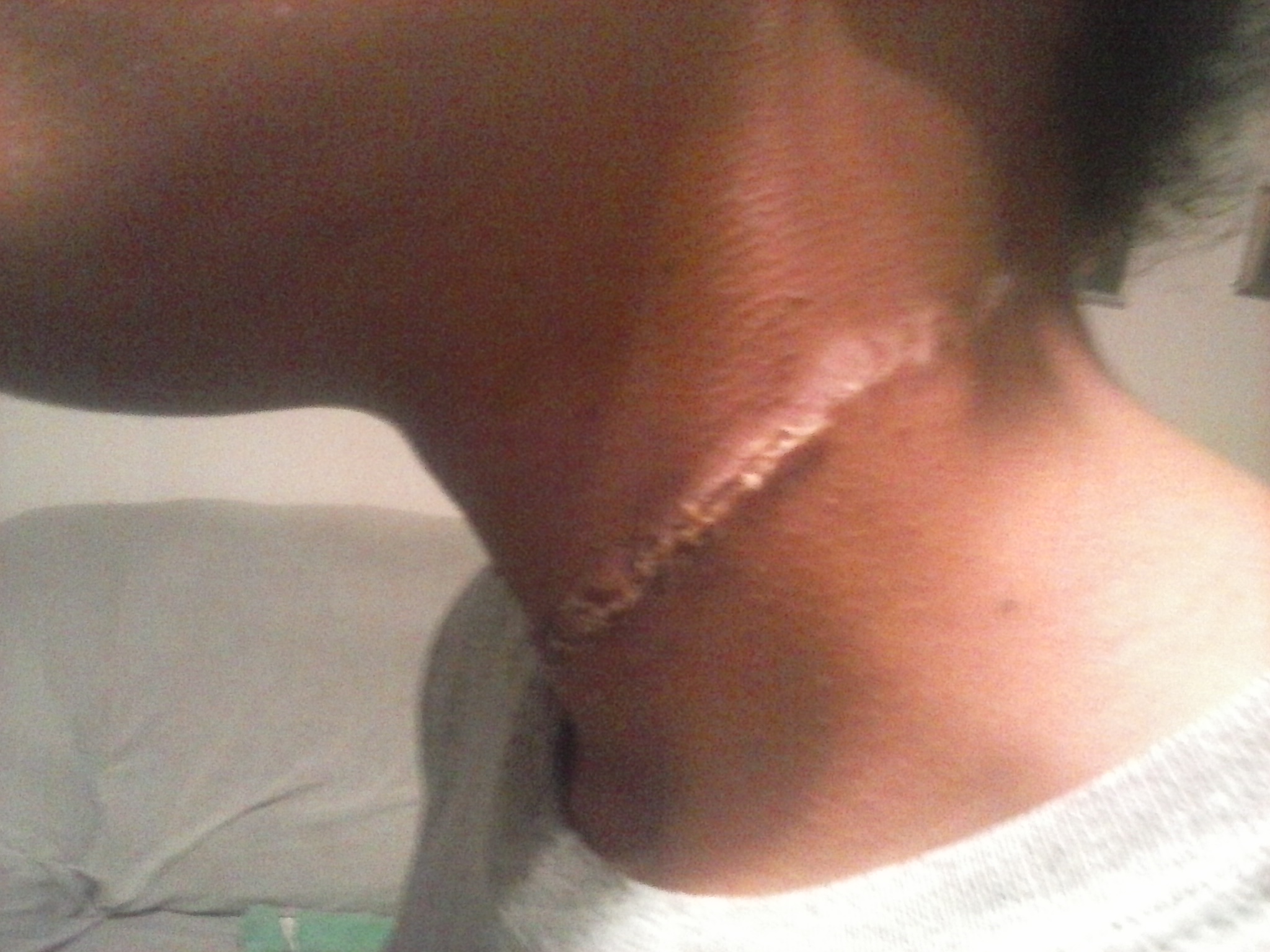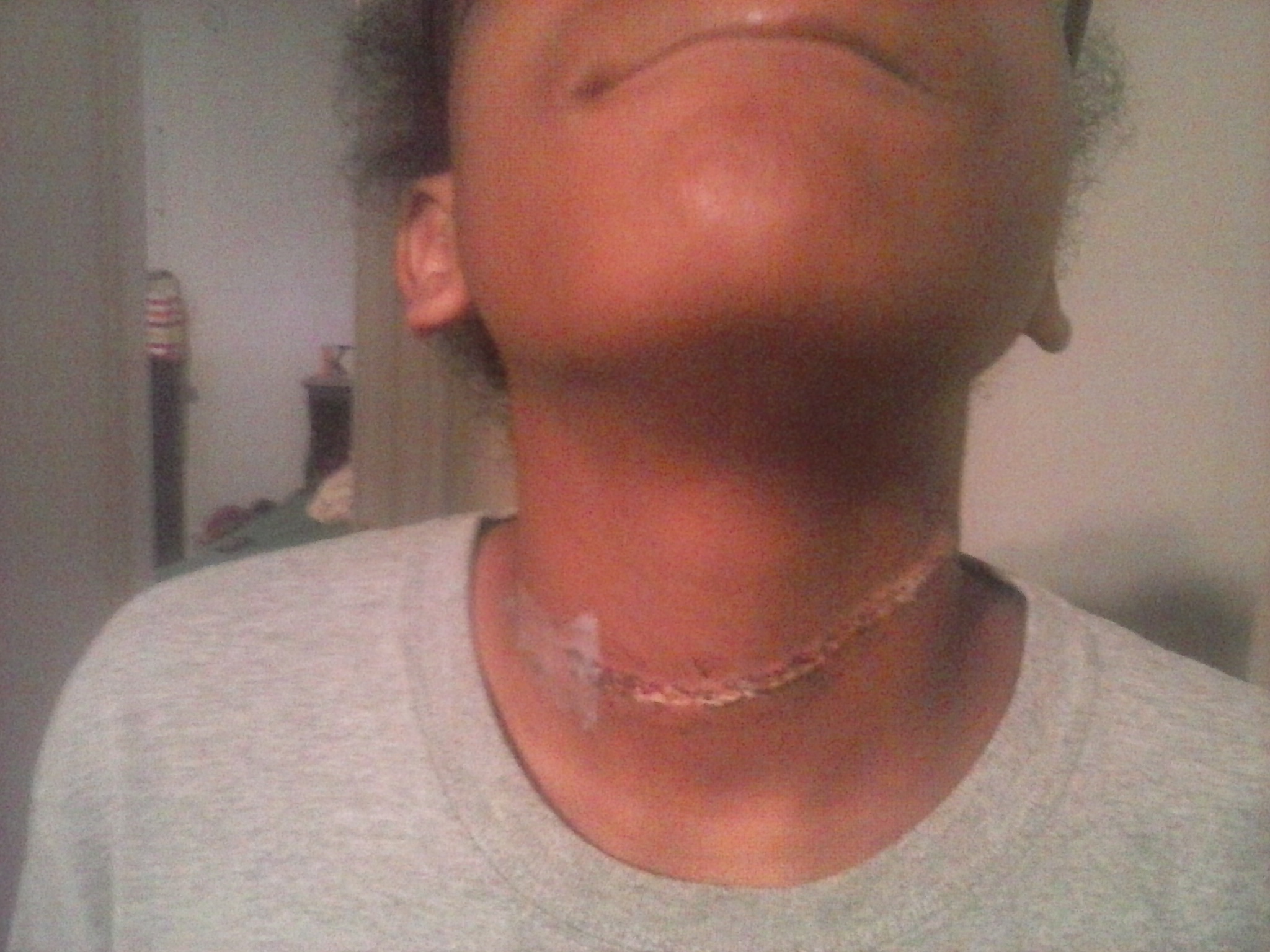 Originally posted in the New York Times By Julia Jacobs
Originally posted in the New York Times By Julia Jacobs
Nov. 1, 2018
A private school in Texas was ordered on Wednesday to pay $68,000 in damages to a black girl’s family two years after she returned from a sixth-grade school trip with severe rope burns around her neck.
In 2016, the girl’s family sued the school in Waco, Tex., after she said  three white classmates had wrapped the rope around her neck and dragged her to the ground. Arguing that the injury was the result of bullying, the lawyer for the family said he asked for at least $5.3 million in damages. The school maintained that her injury was an accident.
three white classmates had wrapped the rope around her neck and dragged her to the ground. Arguing that the injury was the result of bullying, the lawyer for the family said he asked for at least $5.3 million in damages. The school maintained that her injury was an accident.
The girl, identified only as K.P. in court documents, was 12 at the time and attending Live Oak Classical School in Waco when she took an end-of-year school trip to Johnson City, Tex. Upon her return, her mother, Sandy Rougely, saw her daughter’s injury and learned that it had been caused by a rope, Ms. Rougely said in a 2016 interview. “That just tore me into pieces,” she said.
“It looked like somebody ripped my daughter’s neck off and stitched it back together,” Ms. Rougely said.
The lawsuit, which was filed in 2016, said the episode occurred at a swing that was hanging from a tree and had a separate rope used to pull it higher. The girl said she was standing to the side when she felt the rope pulled around her neck, violently jerking her to the ground.
The girl said her classmates had bullied her before the school trip, according to the lawsuit.
The family’s lawyer, Levi G. McCathern II, said that he saw race as playing a role in the school’s failure to notify the girl’s parents after the episode. “If it had been a little white girl they would have been on the phone with her mother within the hour,” he said on Thursday.
Mr. Deaconson has described the scene this way: Several children were pulling on the rope to raise the swing into the air, he said, and when they let go, the rope whipped past the girl and hit her in the neck.
On Wednesday, the jury for the court in Travis County ordered the school to pay $55,000 for the girl’s physical pain and mental anguish, $10,000 for disfigurement sustained during the episode and $3,000 for medical expenses. The verdict was not unanimous; one juror disagreed, but the court documents did not say why.
Despite their different accounts of the episode, parties on both sides of the case were at least somewhat satisfied with the jury’s verdict.
Mr. McCathern said that although the jury did not determine that the school was guilty of gross negligence as the girl and her family had wished, they were pleased that the jurors assigned some responsibility for what happened. The actual physical damage the girl sustained was small, Mr. McCathern said, but he asked for millions of dollars in punitive damages as a symbolic rejection of bullying.
“We were asking them to award symbolic damages to demonstrate the fact that the people of the state of Texas aren’t going to put up with that,” he said.
The finding of gross negligence, a more serious assignment of responsibility, would most likely have resulted in a steeper price for the school.
Mr. Deaconson said that the school, which has about 400 students in junior kindergarten through 12th grade and affirms the principles of Christianity, believed the verdict was fair and consistent with the school’s assertion that the girl’s injury was an accident.
“The jury clearly saw through the efforts of the plaintiff’s attorney to use his client to profit by alleging current hot-button issues, without any factual basis,” he said in a statement.
Mr. McCathern said the girl, who is 15, was now being home-schooled.